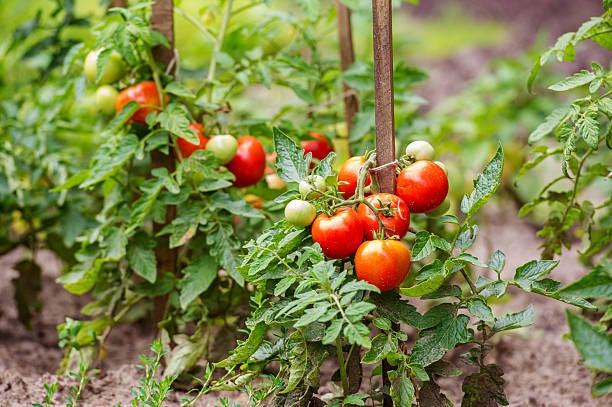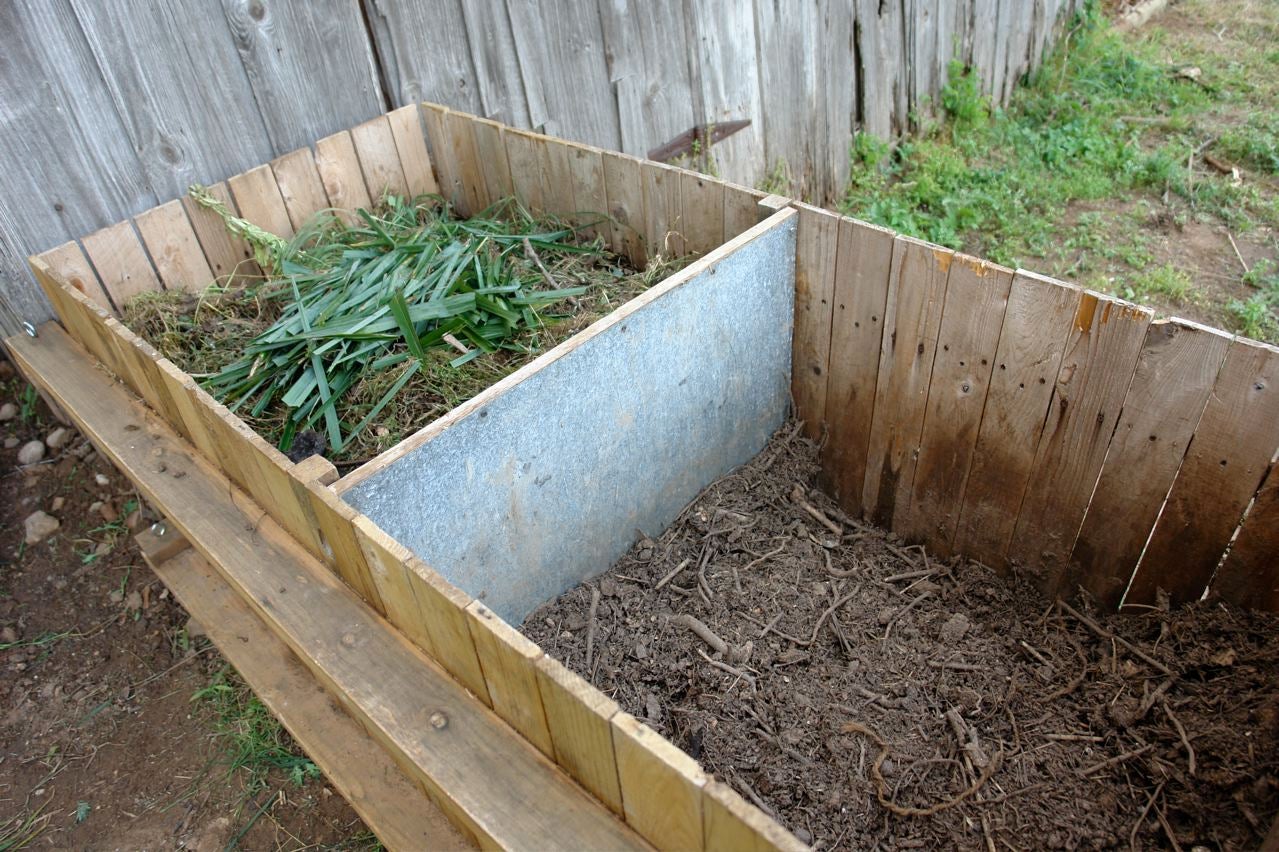Baby Boomers and Gen Xers may remember that their nana didn’t have an electric garbage disposal but kept a bucket near the back porch where table scraps were tossed at the end of meals.
Once a day, the bucket would be dumped into the “pit” and the bucket washed out for the next day’s use.
MORE: A variance request for Jones Creek pool house met with opposition
Nana also likely grew the sweetest tomatoes and the plumpest watermelons and cucumbers; that was because people who grew up in the Depression Era knew the value of composting at home.
With the double-punch of the Covid pandemic followed by the massive inflation currently still hobbling the economy, more and more people have turned to growing their own vegetables and herbs.
According to Garden Pals, 35% of American households, or 185 million people, grow at least some of their own food. That is only 15% down from those who grew “victory gardens” during World War II, when home gardens were almost a necessity.
The U.S. Department of Agriculture’s figures from 2021 showed the average home gardener saved $600 annually at the grocery store and due to inflation the number is likely triple the 2021 figure today.
One important component people tend to miss when creating a garden is nana’s secret weapon: composting.

People fret that having rotting organic material in their backyard will reek and attract flies, and so most simply keep a few plastic bags of store bought compost on hand; however, industrial compost is expensive and will never produce nana’s sweet tomatoes and plump pumpkins.
According to Lovely Greens, most commercially bought compost consists of peat, which is not good for the overall environment and can contain neonicotinoid pesticides.
Scientists are also just coming to the understanding of what effects so-called “forever chemicals,” which are chemicals used in the production of plastic packaging, can have on human health. Plastic bags stored outside at a lawn and garden store begin to break down in the direct sunlight and those chemicals leach into the compost and eventually into the roots of plants.
For those that are considering making their own compost, now is the time to start as summer gardens begin to peter out. Rather than uprooting or tilling over the waning crops, they can be used to nourish the next generation of crops.
Compost can be manufactured in a simple brick-lined pit like nana had, or an enclosed bin can be purchased from between $40 and $350.
Two types of materials are needed for a compost pile: green and brown material. Maintaining a 50/50 balance of the two produces the best compost. Brown material provides the basic carbon needed, and green materials add nitrogen to the mix.
Brown material can be dead leaves, twigs and any kind of paper, from old magazines and newspapers to paper egg cartons.
Green material consists of yard clippings, vegetable table scraps, coffee grounds and anything else that is organic and has some type of juice remaining, like potato peelings or watermelon rinds.
There are a few things that should not be included in compost. Pet waste (except chicken manure) is a big no-no as it may contain parasites and/or traces of the medication given to pets to eliminate those parasites and worms. While natural compost will sometimes attract flies, dairy products, meat table scraps, oil and lard will make the compost a smelly pest playground.
Animal bones should be sorted out from food scraps and not added to the pile.
Fireplace ash is good for compost, but not coal or charcoal ash as they contain remnants of lighter fluid and other chemicals that are not good for the garden.
Using a tarp to cover the pit is a good way to keep pests away but also allows the heat from the sun to get it and slow cook the mixture.
The only difficult thing about composting is changing the family habit of just throwing things in the trash when much of that material could go into the pit. Used butter containers that seal are perfect to keep next to the sink while cooking to hold onto the scraps instead of tossing them into the food disposer.
It is best also to keep a separate, used margarine container for nothing but coffee grounds and eggshells. Those materials do not have to be composted and can be directly applied to the garden. Tomatoes especially love coffee grounds as the acids give the tomatoes a rich, sweet taste.
It is also a good idea to plant marigolds near your compost pile and throughout your entire garden; they not only help with the appearance, their smell attracts pollinators and repels pests.
It is necessary to “turn” the compost at least once a week, that is, stirring the mixture so that newer materials go to the bottom of the pile. Also, you may need to add a little water from time to time to keep the pile moist.
Generally, it takes two to three months for the materials to break down. When the compost has turned dark brown and has a soil’s texture, it is ready to be spread throughout the garden.
Scott Hudson is the Senior Investigative Reporter and Editorial Page Editor for The Augusta Press. Reach him at scott@theaugustapress.com












